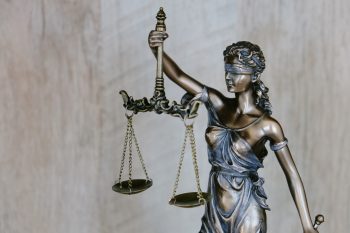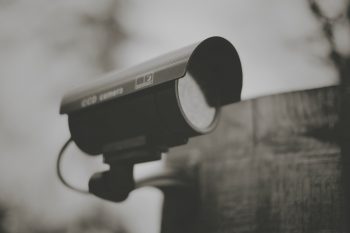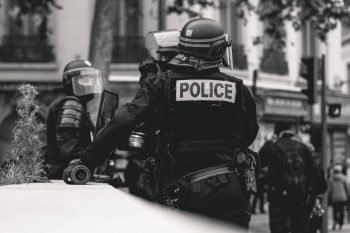Clearview AI used by US police for almost 1M searches
Facial recognition firm Clearview AI has revealed that it has run almost a million searches for US police.
Facial recognition technology is a controversial topic, and for good reason. Clearview AI's technology allows law enforcement to upload a photo of a suspect's face and find matches in a database of billions of images it has collected.
Clearview AI CEO Hoan Ton-That disclosed in an interview with the BBC that the firm has scraped 30 billion images from platforms such...


















